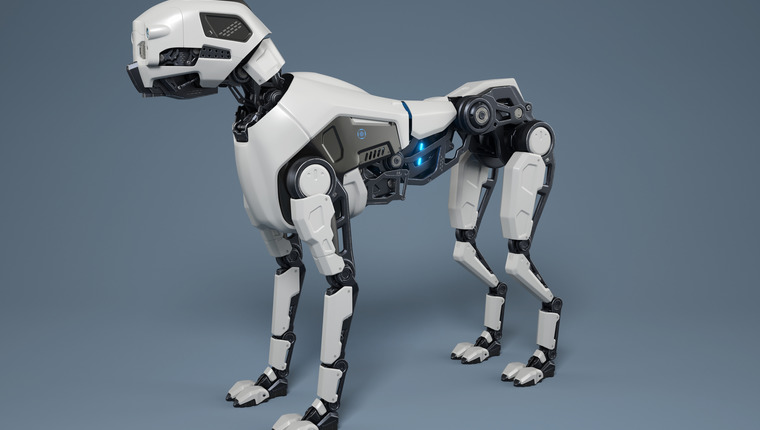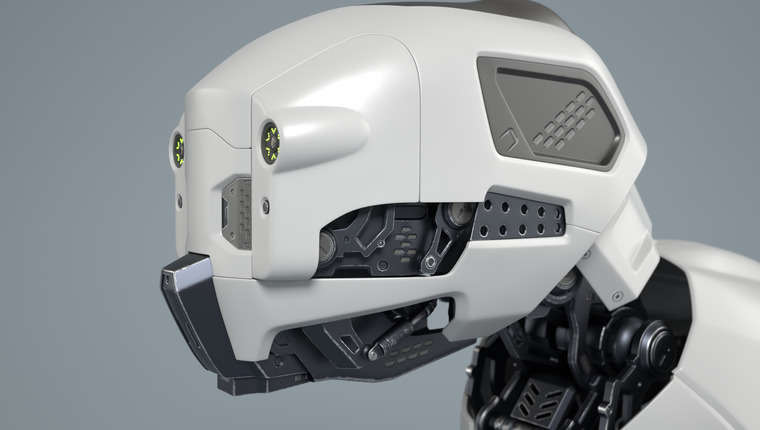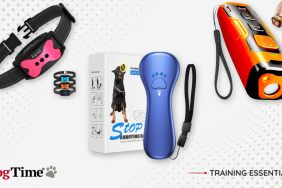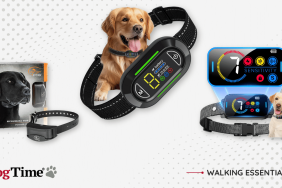
Although robotic dogs have promising futures in helping people, according to 69 WFMZ in Pennsylvania, a Philadelphia-based business is building robotic dogs for first responders, firefighters, and—shockingly—the military.
“These robotic dogs…are not the cuddling kind,” says the article. Inside the offices of Ghost Robotics, computer scientists are working with internet companies to build dogs that can traverse difficult terrain like “sand, gravel, [and] stairs”. Amazingly, the robotic dog creators say their products can even go underwater. Fascinatingly, the ‘dogs’ can even submerge in up to a meter of water and swim.
Robotic Dogs Can Save Real Dogs From Danger
Notably, military dogs have been vital service members for most of the army’s history. Additionally, first responders, search and rescue teams, and others value dogs for their superior senses and tireless work ethic. However honorable these jobs are, though, the fact is that many dogs lose their lives working to save others. Regrettably, in these situations, where dogs go humans tend to follow, also putting people in harm’s way.
As such, advanced robotic technologies create opportunities to drastically reduce the threat to dogs and humans in dangerous situations. According to Ghost Robotics, their dogs have sensors that allow them to be controlled remotely. In turn, this allows them to access hazardous situations without putting animals or people in harm’s way. As writer Karen Mallett said, “really, they can go anywhere that’s too dangerous for humans”.
What Does This Mean for Service Dogs in the Future?
Even as technology continues improving, robotic dogs still lack certain traits that would allow them to bond with humans like real dogs. As a result, certain situations are still better suited to live animals that can pick up on small but distinct changes in human behavior. For example, it would be hard to imagine building an adequate robot for canine therapy.
For rescue situations and military operations, however, these dogs could be a boon for professionals, and save countless dogs’ lives.









